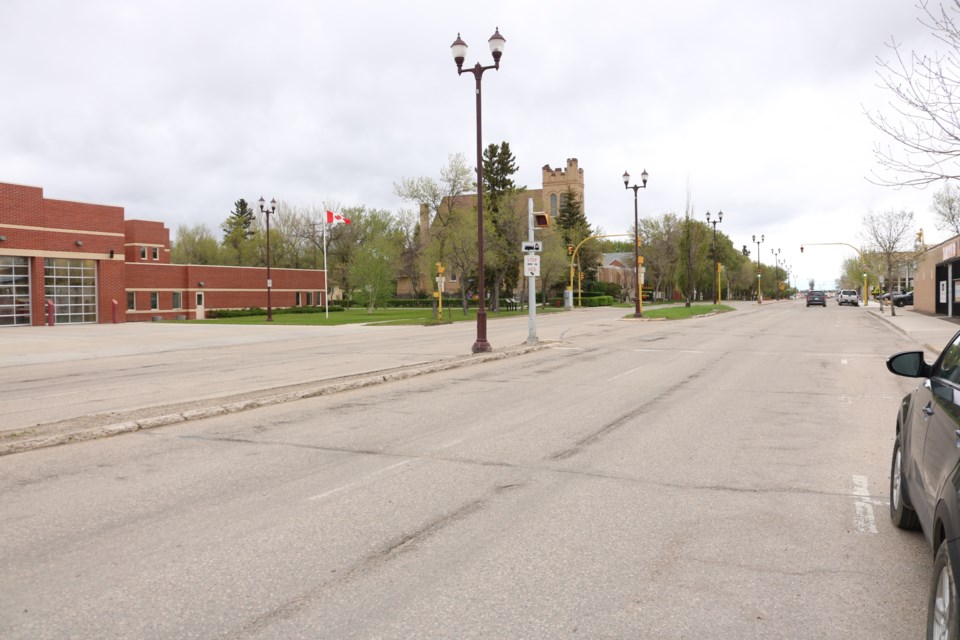YORKTON - Yorkton Council approved funding for Phase 2 of the city’s Smith Street improvement initiative.
Phase 1 of the Smith Street Improvement project included rehabilitation of the roadway, curb, sidewalk and drainage piping between 6th Avenue and 1st Avenue, explained Trent Mandzuk – Director of Public Works with the city at the regular meeting of Council Monday.
The second and final phase of the project is scheduled this year and will complete the remaining section of Smith Street between 2nd Avenue and Myrtle Avenue.
The 2023 work attracted only one tender, it coming from Fedorowich Construction Ltd for $576,017 plus taxes, said Mandzuk.
Mandzuk did note the cost of work has increased over the past several months.
“Unit prices on contract items have all increased for 2023, ranging from seven to 17 per cent in comparison to 2022. This is on par with contracted services seen in other areas of infrastructure rehabilitation,” he said.
Funding available for the project is $856,000 comprised of $616,000 from Surfaced Streets and $240,000 from Curb and Sidewalk operating accounts.
Council approved the tender.
But, Mandzuk also told Council more money needs to be allocated to such projects moving forward.
“Current levels of underfunding make it difficult to address the backlog of rehabilitation work in a quick manner,” he explained. “Once roads deteriorate below “fair” the rate of deterioration and reinvestment costs both increase substantially.”
So, more dollars are needed.
“If we were to attempt to address the current backlog over the next 25 years, the City needs to put a minimum of $1.3M into the operating budget for roadways every year. This will require the annual operational budget for future overlay programs to be doubled, as current funding is $616,000/year,” said Mandzuk.






